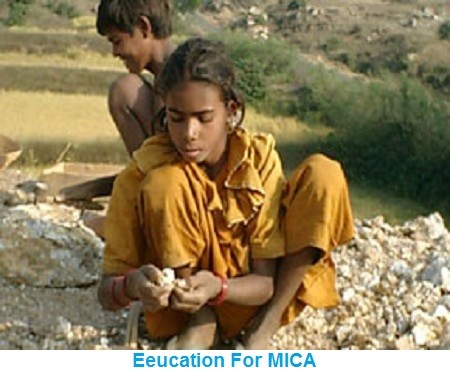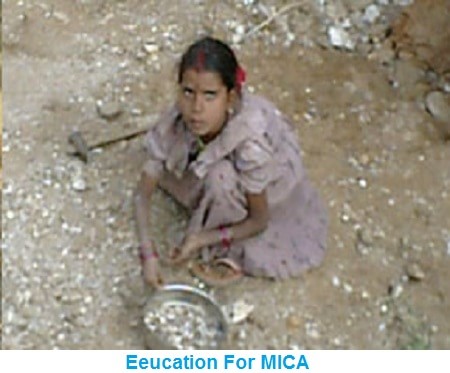Education For Tribal Empowerment :
Kolhan is one of the most neglected and disadvantaged regions in Jharkhand State. Even in British times, this region remained neglected and was inaccessible to them. Because of this, they gave special status to Kohan region. Even after independence, the situation remained the same. Kolhan is not accessible by road or any other transport.
The natural disasters in the form of epidemics, human induced misery of killing widows and single woman, as witches were frequent features of the Kolhan landscape. Many women were stoned to death and burnt to death. This man made misery made the life of women more insecure and vulnerable.
Taking advantage of the human miseries and starvation, the business sending poor labourers to work in brick kilns, quarries and agriculture in other states caused more havoc on the life of the people. They advanced money in off-season and forcefully sent them to work. This form of human trafficking is the other specter of suffering here.
With this backdrop, AID has been working in the area, engaged in human building and reconstruction of human life with their participation and action.
The education program is under implementation in Kolhan region of Jharkhand State. It is the outcome of 7 years of experience of working with the Ho tribes in Kolhan region. The focus is on children through basic alternative education through community participation.
Center provides freedom …
Bhang Bopi 9 years old is a domestic servant. He is working for an annual payment of 85 kilos of rice. His parents are also working as attached labour to another family. Bhang Bopi is responsible to take care 8 cows, 4 buffaloes and 20 goats of his owner. Apart from this he has to also involve in cleaning and domestic works.
He is now learning in Kathalpeda centre where he is working. With the persuasion of the village committee, he was allowed to take part in the educational and other project activities. He is an active listener. He said, "I am born in an unfortunate and unlucky family. I am interested in learning, but my parents forced me to work for others in menial work. I hate to do work. Only during the center time, I feel relaxed and free myself". This is the plight of the children. For him, the center is the space of freedom and enjoyment apart from learning.
Sagi Purthy's new opportunity
Sagi Purthy is another learner from a center in Barkundia. She is from Ho tribe. Her father has to feed 8 children and two wives. Being alcoholic, he gives only half the money he earns to the family. Sagi is working as attached labour in Barkundia to an owner.
Involved in grazing and doing all domestic work she is given 75 kilos of rice per year. She said, "My work was very hard. I used to long for the love and affection of my mother". She used to go to her home once in 3 months. Occasionally, her mother used to come to see her.
For her the center is the only place of enjoyment. It is the only time she used to play and make fun with other children of her age. All other time she used to pre-occupy with the load of work assigned to her. This new opportunity allowed her to learn for herself. All other time is used in engaging work for others.
- Ict For E Transformation
- Common Service Center
- Education For Tribal Empowerment
- Education For devolopment for tribal child
- Educational for Empowerment for Women
- Special schools for Tribal Working Girl
- Health for All
- Rural Liabraries
- Gurukulam
- Education for Carpet Working Children
- Education for Mica Working children
- Mobile Science Education
- Livelihood Improvement Mission
- Building Skill For Life
- Advocacy
- Our Impact
- Our Approach
- Build Partnership
- Stories From Our Work


